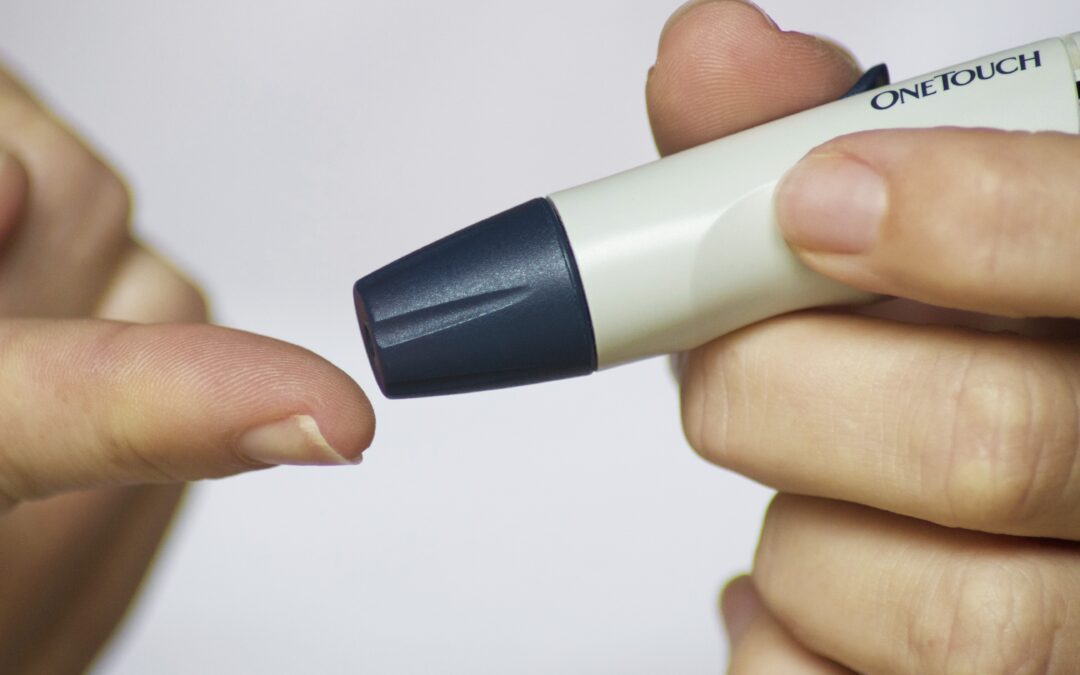Your primary care provider may ask you to check your blood sugar when you have diabetes, but why? What are you supposed to do with the numbers you get when you check and how can those numbers benefit you?
When you have diabetes, your body doesn’t properly manage blood sugar (glucose). Glucose is the body’s main source of fuel for energy. It’s important to keep your blood sugar level in the target range to avoid complications with your eyes, kidneys, heart, and feet. There are a number of things that go into keeping your blood sugar in the target range, such as, eating right, being active, managing stress levels, and possibly even taking medication.
To know if your blood sugar is under control, you need to monitor your levels by checking at home with a glucometer. By regularly monitoring, you begin to learn what your blood sugar numbers run, and can quickly tell when your number is too high or too low. This in the long run helps you to track and prevent long-term health problems.
Monitoring is an important tool used to check your health. It can be done before and 2hrs after a meal, and before and after physical activity to show you the affects that food and activity have on your blood sugar. These numbers can help you to make changes to feel better. Your primary care provider will also use your numbers to decide on an appropriate medication regimen or make adjustments to your existing regimen if needed.
It’s important to keep a record of your blood sugar levels and bring them in with you to your health appointments. Writing down your numbers can also help you look for patterns when your blood sugar goes up or down.
How often you need to monitor your blood sugar depends on the type of diabetes you have, what kind of medication you take, and more. Talk to your health care provider about how often you should be checking and where your target range is.

